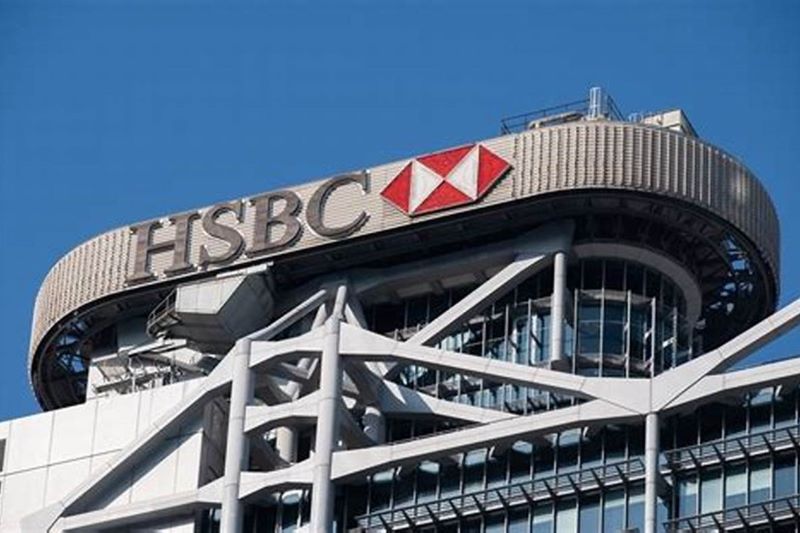Economy
HSBC Faces Intense Scrutiny Over Ambitious Green Finance Plans
HSBC, one of the world’s largest banks, finds itself under a glaring spotlight as its green credentials come under fresh scrutiny. Activist shareholders are raising critical questions. They are urging the Asia-focused banking giant to provide clarity on its ambitious plans. These plans involve investing up to $1 trillion in sustainable finance in the coming years.
Specificity Needed in Green Fund Allocation
The investor group, wielding a substantial $892 billion in assets under management, announced its intention to grill HSBC at its upcoming annual general meeting. Central to their concerns is the lack of specificity surrounding HSBC’s green fund allocation. There is a demand for concrete targets, especially in renewable energy financing.
Share Action Calls for Tangible Impact
ShareAction, a nonprofit championing responsible investing and leading the shareholder coalition, criticized HSBC’s broad and vague target. They specifically took issue with the bank’s aim of spending between $750 billion and $1 trillion on sustainable finance by 2030. Jeanne Martin, head of the banking program at ShareAction. Emphasized the need for HSBC to demonstrate the tangible impact of its green finance initiatives. She questioned whether the bank is prioritizing essential green activities.
Assurances from HSBC
In response, HSBC assured it would address all queries at the AGM. They expressed gratitude for ShareAction’s engagement over the years and highlighted the progress made in their climate strategy, according to The Financial Times report.
Continued Pressure on Sustainability
This isn’t the first instance where HSBC has faced pressure regarding its sustainability efforts. In 2021, coordinated efforts by institutional investors and individual shareholders led to a climate-change resolution at HSBC. This resolution urged the bank to reduce its exposure to fossil fuels. Subsequently, HSBC committed to phasing out coal financing and halted funding for new oil-and-gas fields.
Challenges Towards Carbon Neutrality
Despite increased regulatory pressure and growing public awareness, doubts linger about the efficacy of banks’ voluntary climate commitments. A European Central Bank report cast skepticism on the impact of such initiatives, citing a lack of evidence on their effectiveness in driving decarbonization.
Transparency in Reporting
HSBC’s journey towards sustainable finance is not without challenges. A ShareAction analysis of Europe’s major banks revealed widespread opacity in green finance reporting. This raised concerns about “greenwashing” and highlighted the need for greater transparency.
HSBC’s Sustainability Journey
In its 2023 ESG report, HSBC reiterated its commitment. They aim to allocate up to $1 trillion to sustainable finance by 2030, alongside efforts to align financed emissions with net zero by 2050. However, the bank does not currently disclose a specific target for capital deployment.
Concrete Steps Forward
Nevertheless, since 2015, HSBC has issued over $2 billion in green bonds for various renewable energy and clean transport projects, signaling a tangible step towards its sustainability objectives. As HSBC navigates the complexities of balancing financial profitability with environmental responsibility. The scrutiny it faces underscores the growing importance of banks. They play a pivotal role in driving global efforts towards a greener future.
Acquire a one-year subscription to The Wall Street Journal print edition, ensuring its daily delivery to either your home or office. This subscription spans 52 weeks and operates from Monday to Saturday, with morning deliveries. Furthermore, enjoy unrestricted access to WSJ’s digital platform around the clock, featuring up-to-the-minute news updates, live WSJ TV broadcasts, audio articles, and extensive news archives. To purchase a subscription, call WSJ Cell Phone: (800) 581-3716

